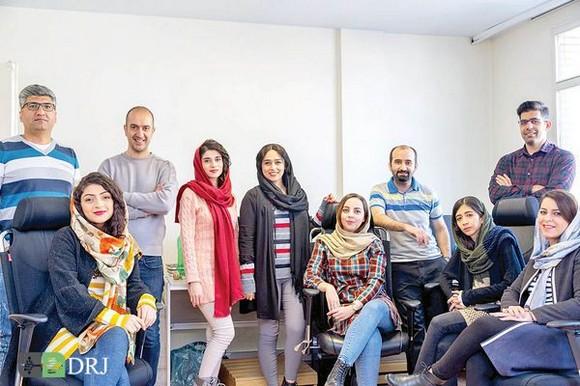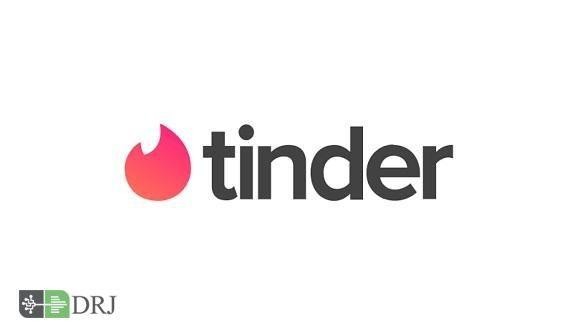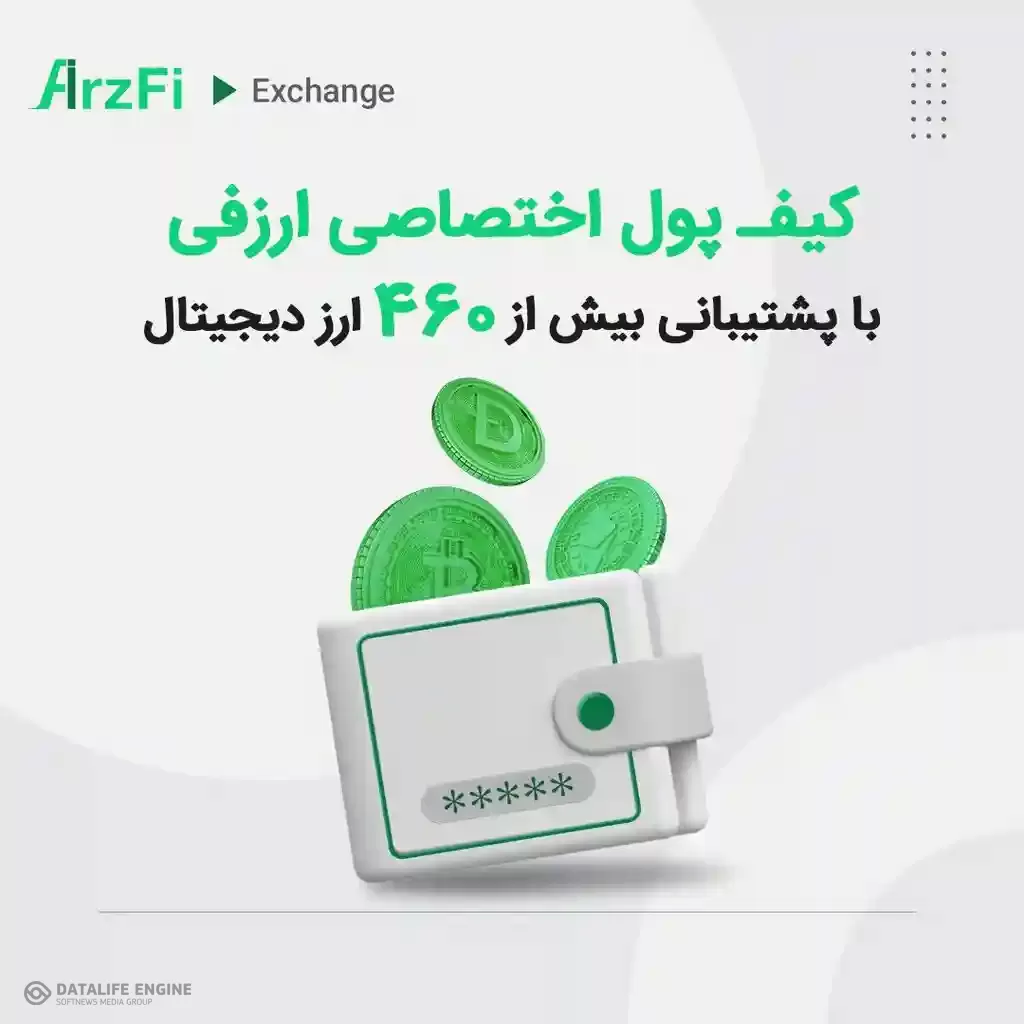8 Things You Need to Know About Raising Venture Capital
If your startup is growing, at some point you will likely be seeking venture capital. Unlike angel investors, who typically write checks between $10,000 to $100,000, VCs can write multi-million dollar checks. This means that VCs support startup growth from seed to much later stages.
Because VCs deploy large amounts of capital and expect significant returns, the process of raising money from these so called institutional investors is far from trivial. At Techstars, we spend time with the companies talking about raising money, and in this post I'll discuss some of the things you need to know if you are looking to raise venture capital.
1 VC-backable businesses
Here is the thing: Most founders feel like their ideas are amazing and worthy of an investment. The reality is that most ideas are worthy of some kind of investment, but not necessarily worthy of a venture investment.
Simply put, different businesses have different potential and because of that the amount of capital that makes sense to invest in them varies. A small business, such as a restaurant, can get a bank loan, but it is not a great venture investment because the upside is typically small.
Venture capitalists are looking to deploy millions of dollars, and they are looking for multiple times return on that capital. That is why, in addition to founders, VCs focus heavily on the size of the market. If they don't believe the market is large enough, they won't invest.
There is nothing wrong with starting a business in a smaller market. You can still get capital, but not necessarily via VCs. Understanding the size of your market before going out to raise money is an important thing to do for every single business.
Related: What Entrepreneurs Can Learn From the 5 Craziest Investor Meetings I've Had With Founders
2 The fund and check size
Before raising venture money, understand how VCs make money.
Venture funds have general partners and limited partners. General partners actively manage the money, and limited partners contribute capital and become passive investors. General partners in VC funds make money in two ways: through management fees (typically 2 percent of the fund size) and something called carry (typically 20 percent of the returns). Carry is distributed after the fund returns all the capital to limited partners. That is, VCs make no money on the upside until all original money is paid back.
Now that you know this, it should make sense why it is important to understand the dynamics between the size of the fund and the checks that the fund writes. If the fund has $50 million, it does not make sense to write $100,000 checks. They won't be able to deploy capital quickly enough (a typical venture fund is set up to deploy all capital over four years). Similarly, a $150 million fund is not likely to put $30 million into a series A of one company.
If you are looking for less than $1 million, your best bet is to seek funds from so called micro VCs — funds with $10 to $50 million. If you are looking for a $5 million series A, you will need to go to a $150 million fund.
Find out what the typical check size and the sweet spot is for the funds you are considering partnering with.
3 The fund cycle and pace
Sometimes the fund is completely spent. That is, the partners deployed all the capital and are in the process of raising new funds, but they are not taking any new investments. This is a tricky spot, because the partners will still take the meetings and talk to the founders, but they won't make any new investments.
Similarly, the funds have a specific pace with which they deploy capital. For example, a fund may do two series A deals per quarter. If the fund already did four series A deals this quarter, it is highly unlikely for the fund to do another one.
Both of these situations are not obvious to the founders. As a founder you should always ask how many investments does the fund typically do per quarter or year, and have already done this quarter or year.
4 Get a "warm" introduction
The basic litmus test that venture funds run on founders is whether a founder can get an introduction to the fund through a network. Cold emails or stalking VCs is not a typical way to get introduced (although it still happens occasionally). These days VCs expect founders to use their networks and get an introduction.
Why? Because this checks three boxes: a founder's understanding how VC works, the ability to hustle to get the intro, and most important, a trusted connection via someone who already knows the founder.
Successful founders understand that funding happens when VCs are excited about the opportunity, and are also able to check off enough boxes to mitigate the risk around backing this particular business. Getting an "warm" introduction helps reduce some of the risk.
5 VCs want to get to know you
This is very much a cliché, but securing financing from VCs is kind of like dating.
VCs want to get to know the founders, watch them execute and make progress before committing to invest. The check is not going to come after the first meeting (unless you are a serial entrepreneur with lots of success and the VC is worried about losing the deal).
Again, VCs are looking to reduce risk. If you are a first-time founder, the risk is reduced by getting to know you and watching you execute over time. If you are a serial founder and worked with this particular VC before, the risk is automatically lower.
Successful founders take advantage of the dating game by making it a two-way street. They aren't just looking for money, they are looking for partners in their journeys to build businesses. They recognize that not all firms and not all partners are the same, and use the "dating" game to get to know the firm and the partner to assess if there is a mutual match.
6 Finding a lead partner
VCs are people too, of course. When dealing with a firm you are dealing with actual individual partners. At the end of the day, one of the partners needs to get excited enough to push the deal through.
There are several dynamics that come to play. First of all, each partner has one or more focus areas. Simply put, if a partner specializes in consumer startups he or she is not likely go get excited about your development tools company. In general, specialization of partners is nuanced, and is important to understand.
Go to each partner's bio page on the fund's website and study his or her background. What has he or she funded in the past? Knowing all of this up front will prevent you from pitching the wrong people and save you a ton of time.
Some partners and funds are thematic investors. That means that they have markets they focus on for 12 to 18 months. For example, folks can focus on crypto currencies, virtual reality or some other current trend.
Other partners don't have a specific trend focus but instead permanently focus on specific vertical such as enterprise software as a service, ecommerce or dev tools. Most partners in larger funds have one more vertical they are comfortable investing in, and then collectively, a fund can cover a broad range of industries.
In addition to specialty areas, each partner has capacity. Most VCs in larger funds take board seats and rarely would be able to engage with more than 10 or so investments in a meaningful way. This trend has been somewhat changing as VCs sometimes don't take a board seat, but this is something that founders need to pay attention to.
7 Understand the funding process
This is a super important thing for founders to recognize: each VC firm has a process and there are similarities and differences between the firms.
The way that most funds approve funding is via partner meetings. These partner meetings typically take place on Monday, and are either a half day long or all day long. During the meetings the partners discuss existing investments, but most important, approve new ones. Your goal as a founder is to understand how to get to that partner meeting, and then ultimately, to an approved investment.
Seed checks in the range of $250,000 to $750,000 may require a lot less meetings before the partner meeting compared to a series A and beyond. For the funds that write seed checks, a process may be two to three meetings, where the goal is to get two partners excited. Then the founders may be invited to present at the partner meeting before the investment gets approved.
For later stage investments there will be additional meetings before the partner meeting. The steps will include deeper due diligence, meetings with additional partners, behind-the-scenes research done by analysts, conversations with customers, sizing up the market and other things. In the case of later stage financings, the partner meeting is basically the last step before the term sheet.
8 Term sheets and due diligence
When the investors indicate that they're interested, they offer founders a so called term sheet. This is a document that outlines all the key economic and governing terms of the investment. Typically included here is the valuation of the company, investor rights, board composition, option pool, voting rights and other things.
The purpose of a term sheet is to cover all the important business terms. That is why good term sheets spell out everything and avoids surprises once full documents are drafted.
At the same time, it is also important that founders understand the key terms and what they are signing up for.
Once a term sheet is agreed upon and signed, there is a process of drafting the actual financing documents and due diligence. For later stage companies due diligence can be significant and take about two to four weeks. The ask is to disclose everything.




















































